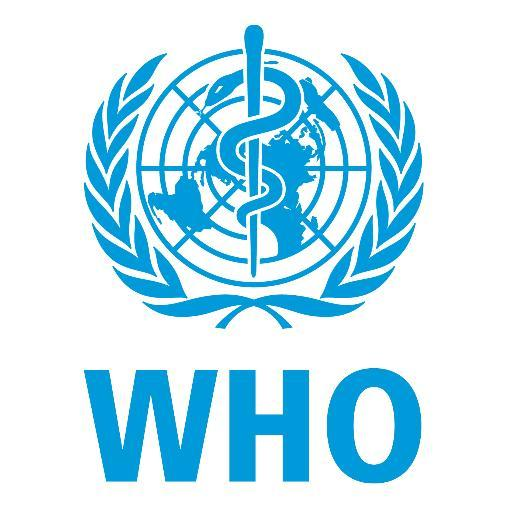Mental Health Day: WHO seeks partnership to limit access to pesticides, firearms

The World Health Organization (WHO) is calling on governments to facilitate multi-sectoral partnership with relevant stakeholders in order to limit access to firearms and certain medications to prevent suicide.

In a statement made available to journalist by Ms. Chiaka Orjiako, on Wednesday in Abuja, the WHO Regional Director for Africa, Dr. Matshidiso Moeti, also stressed the need to strengthen policies that will reduce the harmful use of alcohol to prevent the increase rate of suicide.
Oil pipeline vandalism hits 115% in July, NNPC raises alarm
The statement revealed that the 2019 World Mental Health Day coming up on October 10, with the theme: “Working together to prevent suicide” was first celebrated in 1992 at the initiative of the World Federation for Mental Health, a global mental health organisation with members and contacts in more than 150 countries.
The WHO boss who stressed that this year celebration is aimed at raising awareness and advocacy against social stigma, added that it would also provide an opportunity to unite Africa and the world for a better well-being.
She said while the data in the Africa are scarce and stigma significant around suicide, it is still an important public health problem.
‘’Where data is available such as Côte d’Ivoire, Equatorial Guinea, and Lesotho, rates have been shown to be higher than 20 suicides per 100, 000 people each year. This is higher than in most European countries, China or the United States of America.
‘’Globally, almost four out of five suicides occur in low and middle-income countries. In these countries, rates of suicide are similar among men and women.
‘’In the African region, WHO works with countries to integrate mental health services at the primary care and community levels, through the WHO package of essential non-communicable disease interventions and with WHO mental health gap action programme training, so far conducted in Liberia, Nigeria, South Sudan and Uganda.
“We also work with communities to address psychosocial needs in the aftermath of health emergencies,’’ she added.
The regional director further appealed to stakeholders in the education sector to implement school-based interventions that would offer mental health support for adolescents.








